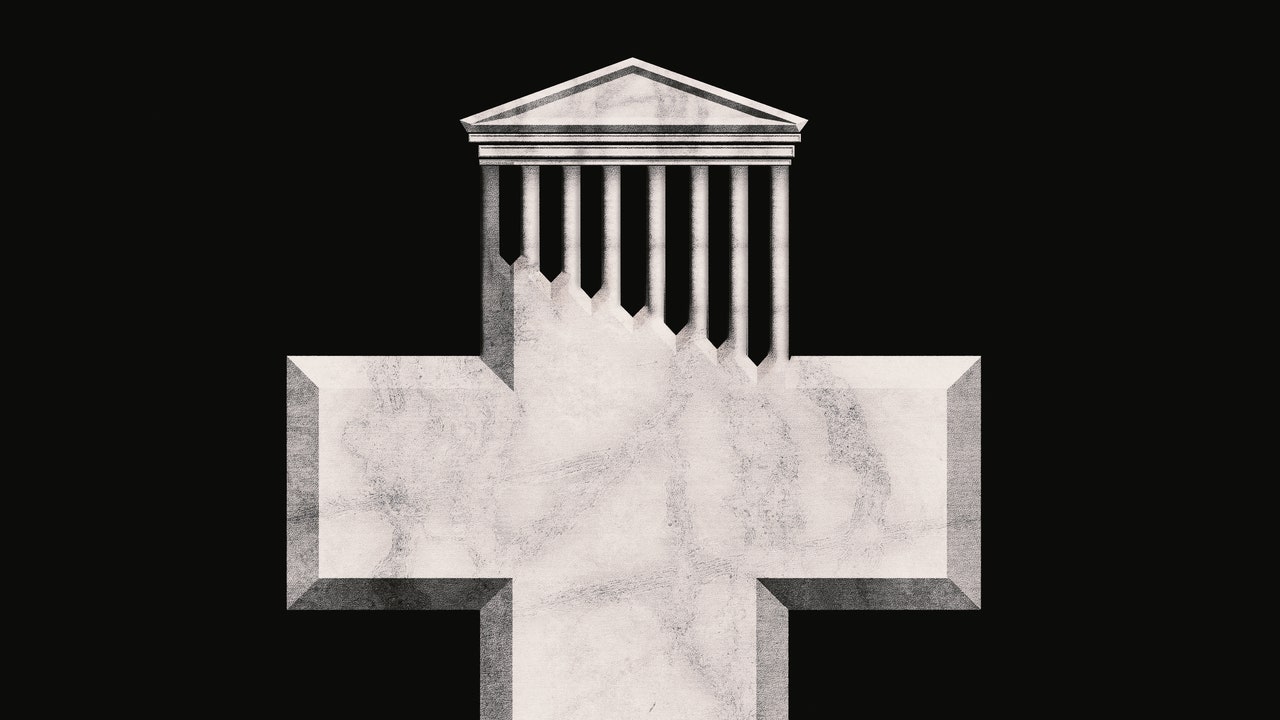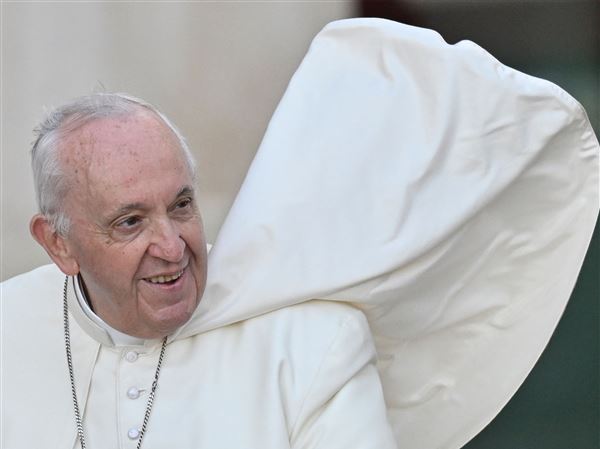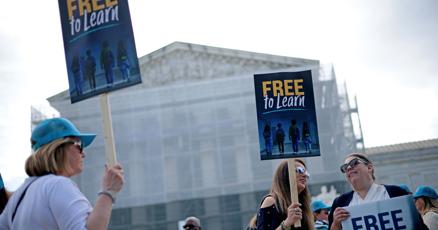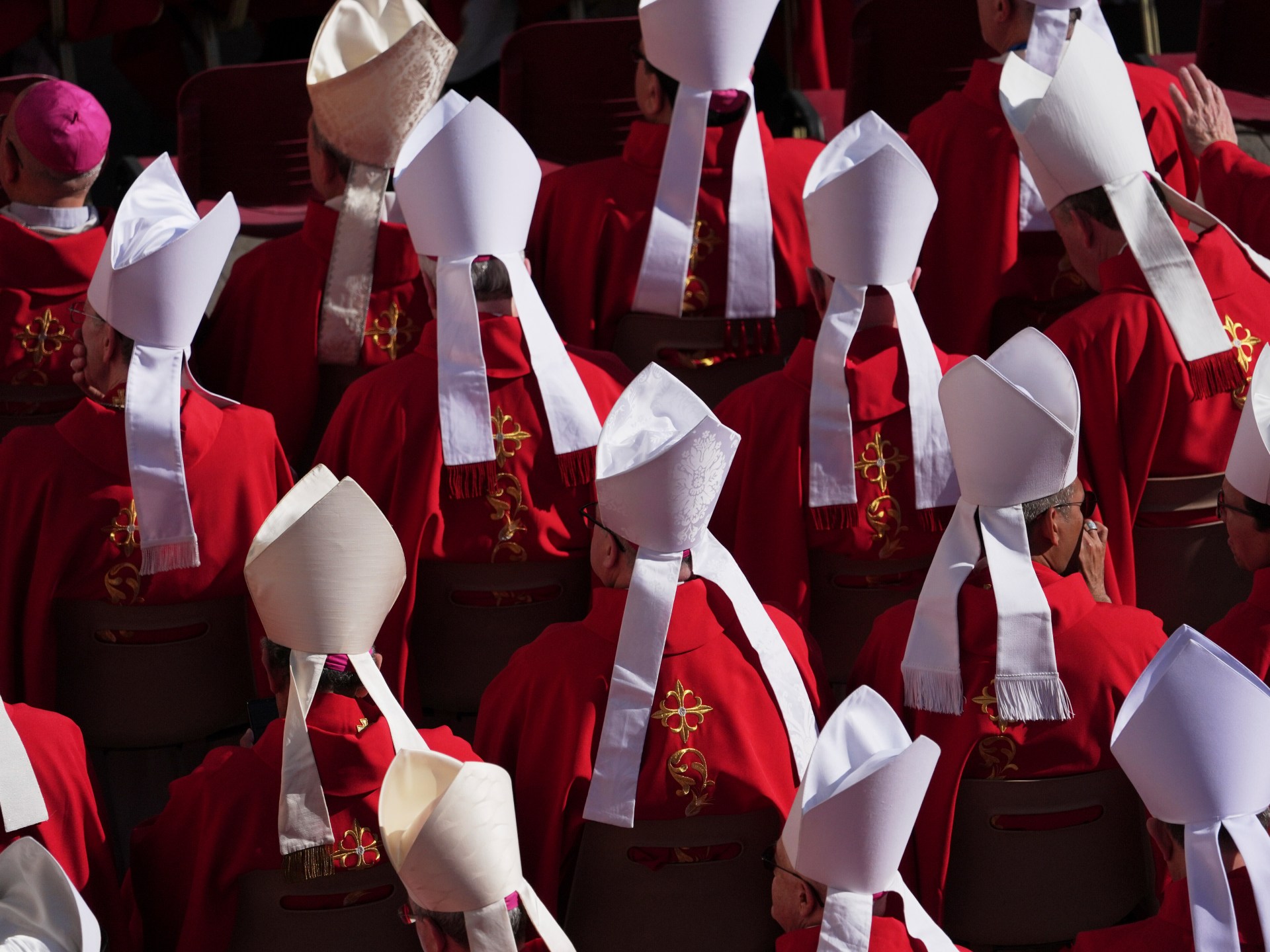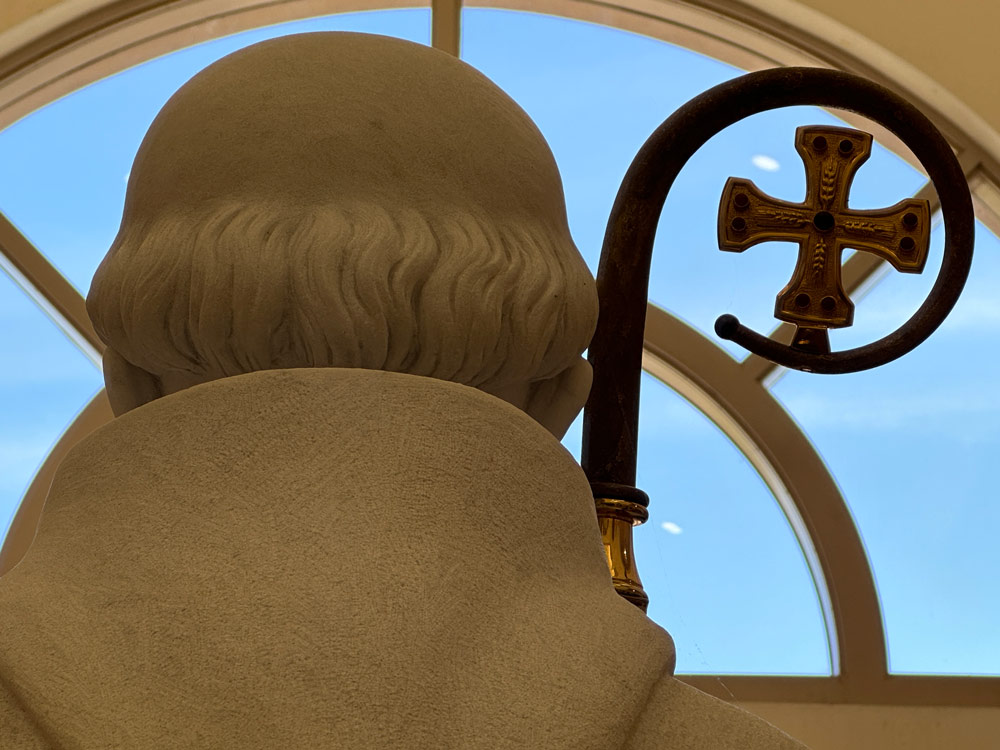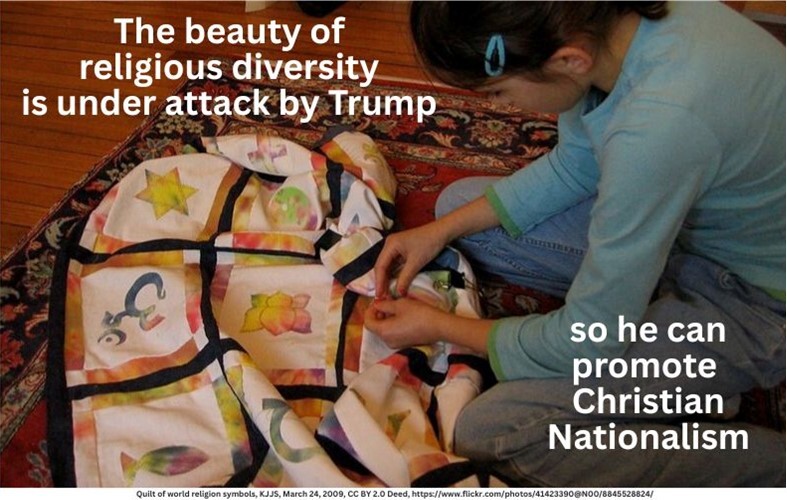
Beyond the Filter: How the 'Jesus Glow' Reveals Social Media's Spiritual Superficiality
In the ever-evolving landscape of personal transformation, conservative Christian circles are marketing faith with the same fervor and polish as the latest skincare trend. Gone are the days of traditional pulpit preaching; now, spiritual guidance is being packaged and presented like a must-have lifestyle upgrade. These faith leaders are approaching religious conversion with the slick marketing strategies typically reserved for beauty influencers and wellness gurus. They're crafting narratives that promise spiritual "transformation" as dramatically as a before-and-after skincare commercial, positioning faith not just as a belief system, but as a comprehensive life-enhancement solution. Social media platforms have become their primary stage, where charismatic speakers blend motivational speaking with religious messaging. They're selling spirituality as a personal brand—complete with polished graphics, compelling testimonials, and the implicit promise that embracing their version of Christianity will revolutionize every aspect of one's life. This approach transforms faith from a deeply personal journey into a consumable product, carefully curated to appeal to individuals seeking meaning, community, and personal growth in an increasingly fragmented world. The message is clear: faith isn't just about salvation—it's about total life optimization.

